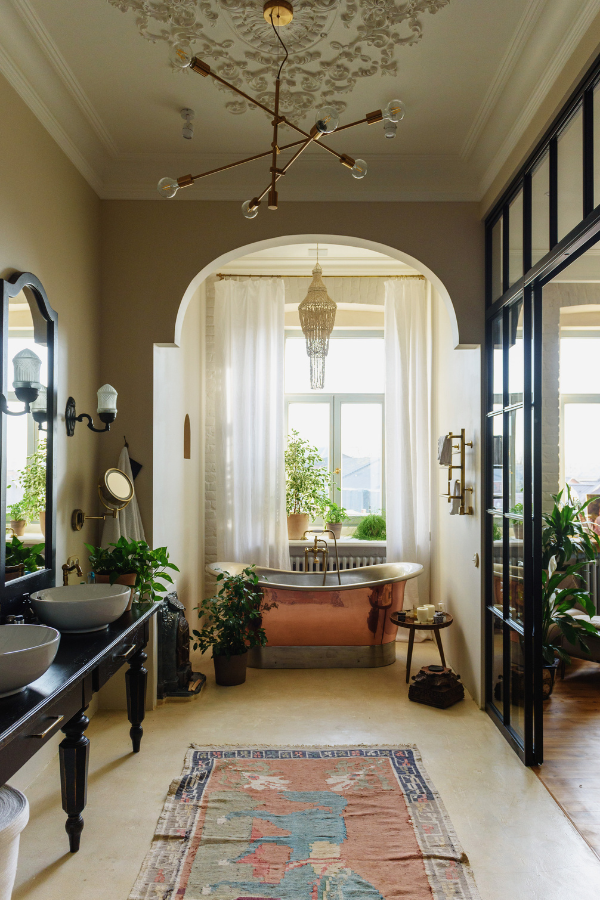

Your Guide to Buying Property in France as an American
Summary
Buying property in France as an American woman offers exciting opportunities but comes with unique challenges. The French real estate market differs significantly from the U.S., with a crucial role played by the notary and specific legal procedures that ensure transaction security. It’s important to understand financial aspects like taxes, fees, and financing options in France, and logistical details such as moving and setting up utilities. Adapting to local culture and legal residency requirements is essential for those planning to move, while being mindful of common pitfalls can help avoid costly mistakes.
Reflection Questions
- How do my long-term personal and financial goals align with the idea of buying property in France?
- What steps can I take to better understand and prepare for the legal and financial implications of purchasing and owning property in France?
- How can I actively engage with the local community and culture to ensure a smooth transition to living in France, should I decide to move?
Journal Prompt
Reflect on your motivations for considering a property purchase in France. What draws you to this idea—is it the lifestyle, investment potential, cultural enrichment, or something else? Consider the challenges and benefits that this decision might bring to your life. Outline the steps you would need to take to make this dream a reality, from financial planning and legal preparations to cultural adjustments.
Buying property in France is a dream that many American women entertain, whether for investment purposes or as part of a life-changing relocation. France offers a diverse landscape of real estate opportunities, from charming vineyards and rustic farmhouses in the countryside to chic apartments in the heart of bustling cities like Paris and Lyon. The French real estate market is unique, characterized by its strict regulatory framework and the pivotal role of the notaire, who ensures the legality of property transactions. This guide will illustrate how to navigate the complexities of buying property in France, outline financial and legal considerations, and offer practical advice for making the most out of your French real estate journey. Whether you’re looking for a lucrative investment or a new place to call home, here’s what you need to know before you purchase property in France.
Buying Property in France As an Expat vs As an American Resident
The process of buying property in France does differ for American expats who are permanently living in France versus American citizens who reside in the U.S. but want to buy a vacation home. Let’s explore how the property buying process differs for expats vs US residents.
Residency and Legal Status
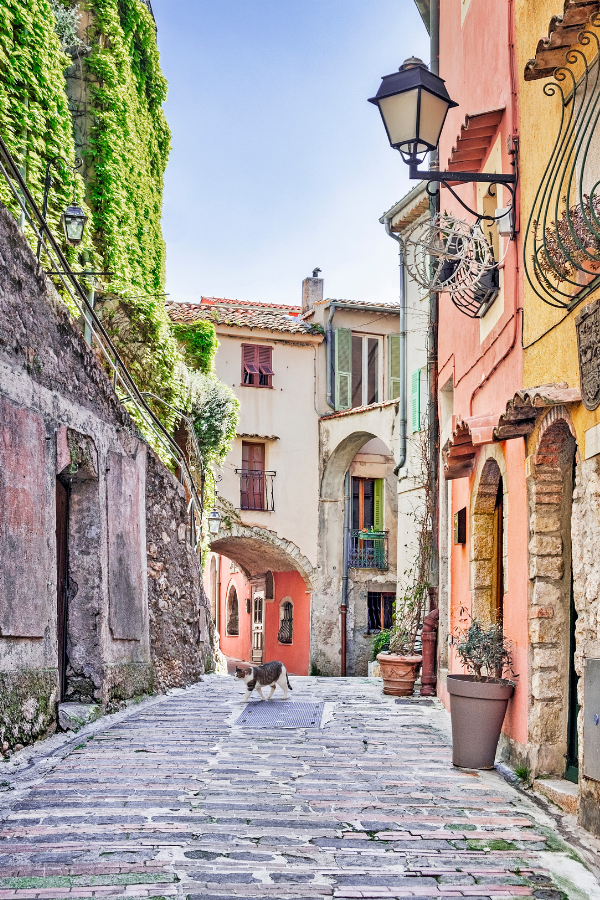

Those who already have residency in France may find the property buying process simpler in terms of legal and administrative procedures. They likely have a better understanding of the local system, may have established local banking relationships, and potentially have better access to credit options within France. In most cases, navigating this property market will be far easier when one is actually in France rather than working solely through an on-site real estate agent while in the US.
Non-residents need to navigate the property search and purchase process largely from abroad, which can involve more complexity in terms of organizing financing, dealing with legal matters, and managing the property remotely. They may also face stricter mortgage requirements and possibly higher interest rates.
Financing Options
American expats living in France might qualify for mortgages more easily if they have a local income, which can be more appealing to French banks. They might also have an easier time dealing with banks due to existing relationships.
Americans living in the U.S. may need to rely on international mortgages or potentially financing from U.S. banks that specialize in overseas property purchase. They might also have to provide larger down payments and deal with more paperwork to prove creditworthiness.
Tax Considerations
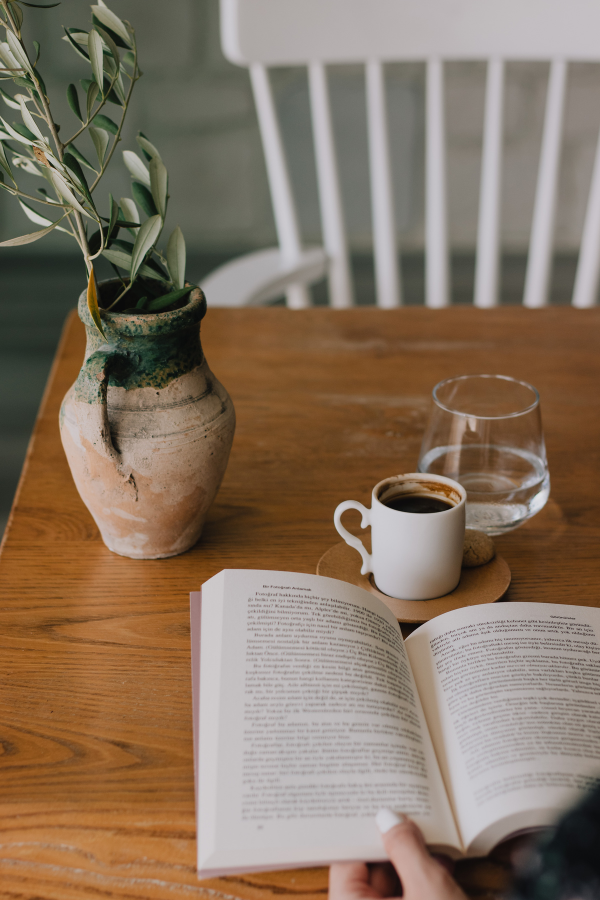

Expats must consider their tax obligations both in France and the U.S., but by living in France, they may benefit from certain tax treaties regarding income and property taxes that reduce the burden of double taxation.
Non-residents need to be particularly cautious about the implications of foreign property ownership on their U.S. tax situation. For example, rental income from a vacation home must be reported to both French and U.S. tax authorities, with specific forms and potentially different tax treatment. We recommend consulting with a French tax resident for more information about fees and reporting duties.
Use of Property
If buying a primary residence, expats are likely considering different factors such as proximity to schools, work, and long-term livability, which influences the type of property and location they choose.
Vacation home or investment property buyers are often more focused on properties in tourist-friendly areas or places that offer particular lifestyle benefits like beaches, vineyards, or historical sites. Their choices may be more influenced by the potential for rental income when they are not using the property.
Managing the Property
Being local, expats can manage their property more directly, which includes dealing with maintenance, tenant issues (if rented out), and regular usage. Non-residents often need to hire property management services to handle day-to-day operations, especially if they rent out their vacation home. This incurs additional costs and requires trustworthy local contacts.
Understanding the Property Market in France
The French property market offers a rich array of options that cater to diverse tastes and needs. Urban apartments in cities like Paris and Marseille provide the allure of vibrant city life and are often situated in historic buildings with stunning architectural details. In contrast, rural areas offer traditional farmhouses or “mas” in the Provence region, known for their rustic charm and expansive natural surroundings. Additionally, France is famous for its special properties, including majestic châteaux in the Loire Valley, productive vineyards in Bordeaux, and picturesque coastal retreats in the French Riviera, offering unique living experiences and investment opportunities.
Regions to Consider
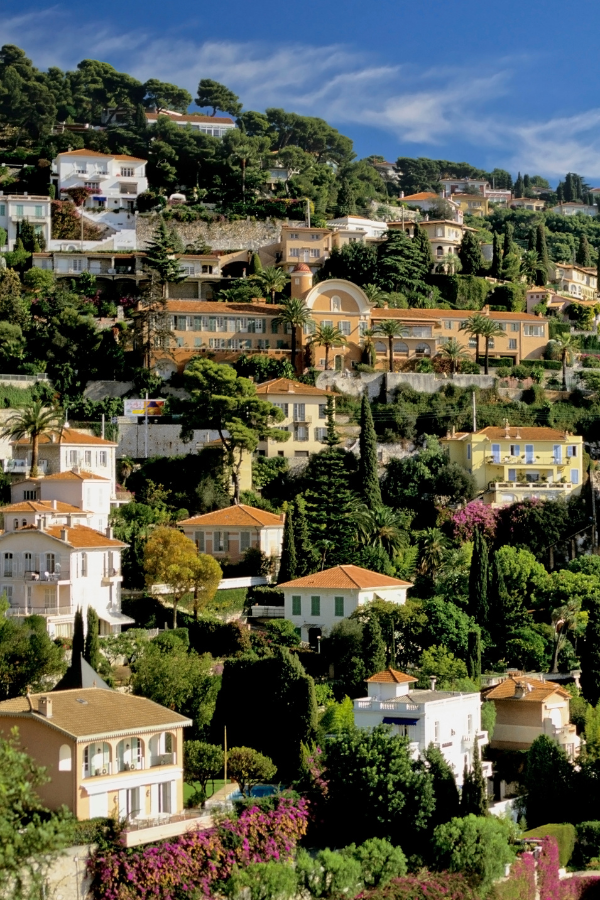

When considering where to buy property in France, regions like Provence are renowned for their lavender fields and serene lifestyle, Brittany for its rugged coastlines and Celtic culture, and the French Riviera for its luxurious resorts and sunny beaches. Each region has its unique character and lifestyle, appealing differently to those looking for holiday homes or permanent residences. Emerging markets such as the Occitanie region or the lesser-known areas like the Jura offer potential for value growth, attracting those looking for more affordable options or wanting to escape the well-trodden path.
Market Trends


The French real estate market exhibits specific trends influenced by various factors. Property prices can vary significantly, with premium costs associated with locations like Paris and the French Riviera, while more affordable options might be found in rural or lesser-known regions. Economic stability, domestic policies, and the level of tourism also play critical roles in shaping the market dynamics.
For instance, areas with high tourist appeal often see higher property values due to rental income potential. Keeping abreast of current data on property prices and understanding these influencing factors are crucial for making informed investment decisions in France.
Post-Pandemic Changes in Buyer Preferences
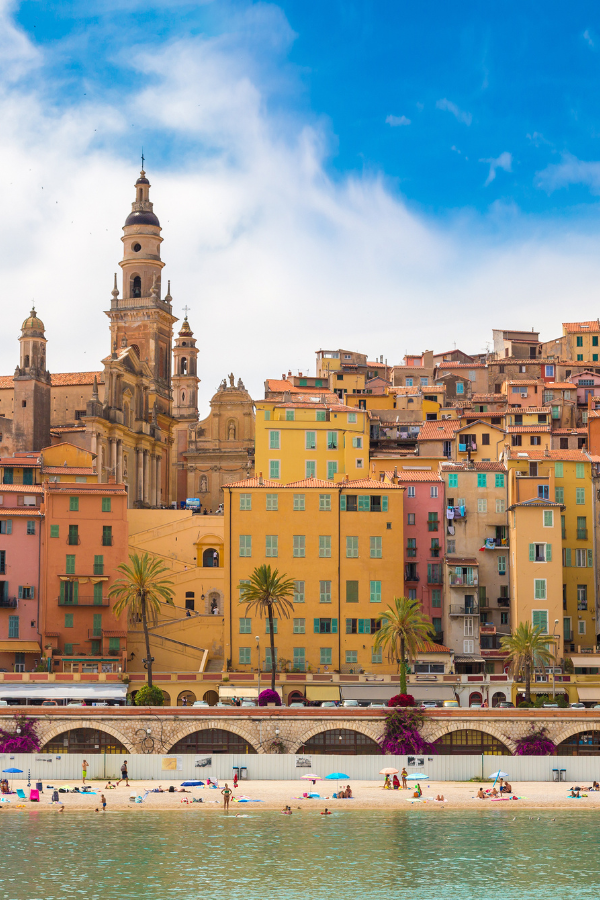

Since the pandemic, the French real estate market has experienced significant changes, shaped by shifting lifestyle preferences and economic conditions. Initially, there was a surge in demand for more spacious properties with outdoor areas, as lockdowns and remote work arrangements made urban dwellers crave more living space and natural surroundings. This trend led to increased interest in rural homes and properties in less densely populated areas, with regions like Brittany and the South of France seeing a noticeable uptick in demand. Urban centers like Paris initially witnessed a slowdown, as the appeal of suburban and rural areas grew.
Economically, despite global uncertainties, the French real estate market has remained relatively resilient. Prices in many areas continued to rise, driven by low interest rates which made borrowing cheaper and sustained the buying activities. The luxury market, particularly in prime locations like the French Riviera and Paris, remained robust, buoyed by domestic buyers and the return of international investors as travel restrictions eased. However, the market has also faced challenges, such as increased construction costs and stricter lending criteria, which have affected the overall accessibility of real estate for some buyers. Overall, the market’s dynamics have been influenced by a combination of changed living preferences due to the pandemic and the underlying economic factors that continue to support property values in France.
Legal and Financial Considerations
The French Legal System


The French legal system regarding real estate is quite centralized and notarial. Unlike in the U.S., where the process might involve multiple parties like real estate agents, lawyers, and escrow companies, in France, the notary (notaire) plays a crucial role.
Notaries are public officials appointed by the Ministry of Justice, and their involvement in property transactions ensures legality and authenticity. They handle the drafting of the sales agreement and the deed of sale, perform due diligence, ensure that all taxes and fees are paid, and register the property transfer. This land registry system provides a high level of security in transactions but can also be more bureaucratic and slower compared to the U.S.
Financial Aspects of Buying Property
Taxes and Fees
Purchasing property in France involves several taxes and fees, which can significantly affect the total cost. Buyers are responsible for paying notary fees, which typically range from 2% to 8% of the property price, depending on whether the property is new or old.
Registration fees, also known as stamp duty, and a land registration tax are also applicable and vary by location and property type. Ongoing, owners are subject to property taxes known as “taxe foncière” and “taxe d’habitation,” the latter of which is being phased out for primary residences.
Financing Options


Financing a property in France as an American can be more complex than in the U.S. French banks may offer mortgages to non-residents, but they typically require a larger down payment—often 20-30% of the property’s purchase price—and proof of income that easily covers the borrowing amount. The process involves more stringent checks and paperwork compared to the U.S. for both the buyer and seller, where the mortgage industry is highly competitive and offers various financing options even for international buyers. Americans might also consider international lenders or U.S. banks that have a partnership with a French mortgage provider.
Do You Need a French Bank Account When Buying a Holiday Home in France?
Having a French bank account is not strictly necessary to buy property in France, but it is highly recommended and often practically essential. A local bank account makes the process of transferring funds for the purchase, paying for ongoing expenses, and handling day-to-day financial matters much more straightforward. French notaries and sellers typically prefer transactions conducted through local bank accounts to simplify payment and document processes.
Additionally, for non-residents seeking a mortgage, French banks generally require an account to be set up with them as part of the mortgage application. Overall, while not mandatory, a French bank account greatly facilitates the logistical aspects of purchasing and managing property in France.
Fuel your creative fire & be a part of a supportive community that values how you love to live.
subscribe to our newsletter
Exchange Rates and Money Transfer
Managing currency exchange and the transfer of large sums of money is a critical aspect of buying property abroad. It is advisable to monitor exchange rates regularly and consider using specialized foreign exchange services, which can offer better rates and lower fees than traditional banks. For large transactions, such as property purchases, locking in exchange rates through a forward contract can protect against unfavorable shifts in the market. It’s also important to ensure that all international transfers comply with both French and U.S. regulations to avoid legal complications and unnecessary delays.
The Buying Process
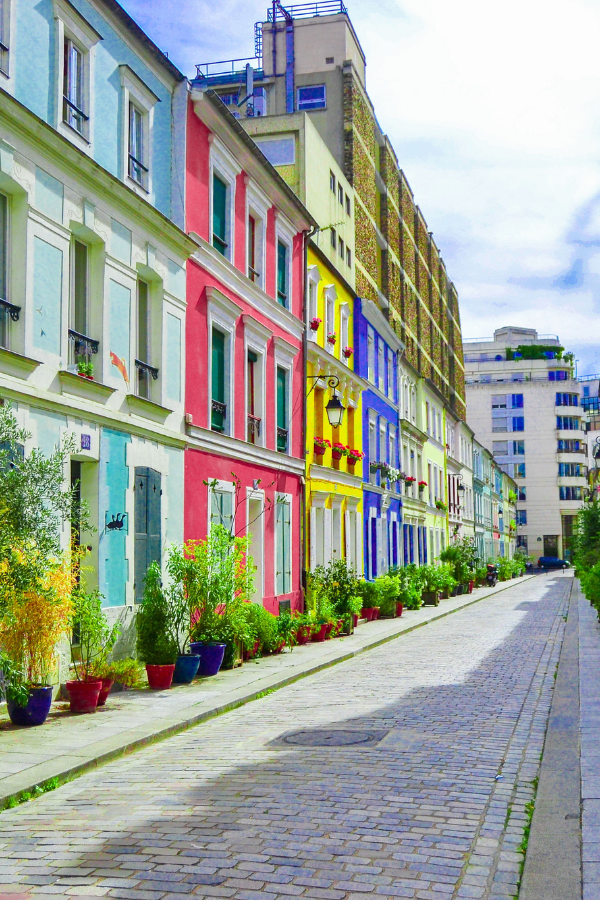

The process of buying property in France differs markedly from that in the U.S., primarily due to the central role of the notary (notaire) and the structure of legal processes—as explained in detail above. The purchase process is also typically slower in France, often taking several months from the initial offer to the final signing. Important terms Americans should familiarize themselves with include “compromis de vente” (initial contract), “acte de vente” (final deed), and “droits de mutation” (transfer taxes). These steps and terms are part of a system that emphasizes legal certainty over speed.
Finding a Property
To find a property in France, prospective buyers typically use a combination of online property portals such as Seloger or Le Bon Coin, local real estate agents, and sometimes personal networks if they have local contacts. Websites are a good starting point for getting an idea of what’s available and at what price. However, real estate agents play a crucial role, especially for foreigners, as they can provide valuable insights into local market trends, the importance of location, proximity to amenities like schools, shopping, and public transport, and the general lifestyle in various neighborhoods.
The Role of Real Estate Agents


In France, real estate agents are regulated and must hold a professional card (‘carte professionnelle’) to operate. They are generally more focused on negotiation between buyer and seller and less on ancillary services compared to their U.S. counterparts. When choosing an agent, it is important to look for someone who has significant experience with the local market and, ideally, experience dealing with foreign buyers. A good agent can navigate the local nuances of real estate transactions and provide essential advice on realistic pricing and negotiation strategies. However, you will owe real estate agent fees (typically based on the property sales price).
Making an Offer and Negotiating
Making an offer on a property in France typically begins with a verbal offer through your real estate agent, followed by a written offer. If accepted, this leads to the signing of the “compromis de vente,” a preliminary sale agreement. Negotiation is less about aggressive bidding and more about reaching a mutual agreement that satisfies both parties. It’s important to understand that negotiation in the French market might not have the same flexibility as in the U.S.; sellers might not be willing to deviate significantly from their asking price unless clear flaws are justified.
Working with a Mortgage Broker


Utilizing a mortgage broker can be advantageous in navigating the French banking system, particularly for foreigners unfamiliar with local banking practices. Brokers can help find competitive mortgage rates, assist with the complex documentation required, and communicate between the bank and the buyer to smooth the approval process.
The Sale Agreement (Final Contract)
The “compromis de vente” is a legally binding preliminary contract between the buyer and seller, which outlines the terms of the sale and allows the buyer a period of 10 days to withdraw without penalty. This agreement also sets the timeline for the final sale, typically allowing a few months for the buyer to secure financing. Understanding this document and its implications, including any conditional clauses (such as mortgage funds approval and coverage of legal fees), is crucial for buyers.
The Final Sale


The final sale occurs when both parties sign the “acte de vente” at the notary’s office. This meeting concludes with the transfer of ownership and involves a detailed review of the property and its legal status by the notary. Key documents to check include the final sale agreement and proof of settlement of all relevant taxes and fees. The buyer must ensure that all conditions stated in the “compromis de vente” have been met and that the property’s legal status is clear, without any undisclosed encumbrances or legal issues.
Moving and Settling In
When relocating to France, moving personal belongings involves understanding and navigating the logistics and customs regulations that apply to international shipments. This typically means working with a reliable international moving company experienced in dealing with French customs to ensure your items are transported smoothly and legally. Once in France, setting up utilities and services is your next step. This includes electricity, water, gas, internet, and phone services. It’s helpful to ask your real estate agent or property manager for assistance or recommendations on the best local service providers to facilitate these setups efficiently.
Legal Residency Requirements
For U.S. citizens planning to live in France, understanding the visa and residency requirements is essential. Initially, Americans can enter France visa-free for up to 90 days. For longer stays, various types of visas are available, including visitor, student, and family visas, each with its own conditions and required documentation. For those seeking long-term residency, options such as the “carte de séjour” (residency card) are available, which must be applied for after arriving in France but before your initial visa expires. This process often requires proof of financial means, health insurance, and a valid reason for staying (such as work, family ties, or retirement).
Integration into the Community


Integrating into French society involves more than just overcoming the language barrier; it includes understanding and adapting to local customs and cultural nuances. Learning the language is crucial, as it greatly enhances social interactions and daily activities.
Additionally, participating in local events, joining clubs or groups related to your interests, and building relationships with neighbors can facilitate a smoother integration. Respecting French etiquette and cultural practices will also endear you to the local community and make your transition into French life much more fulfilling.
Common Pitfalls to Avoid


Navigating the French real estate market and living in France can come with challenges. Common pitfalls include not understanding the legal jargon, which can lead to confusion and missteps in property transactions. Underestimating the costs of renovation is another frequent issue; historical and rural properties often require significant investment to bring them up to modern standards.
Additionally, newcomers might overlook the implications of local property taxes and ongoing fees, which can strain finances. Lastly, misjudgments about the location or property type, such as underestimating rural isolation or overestimating the ease of renting out a vacation home, can lead to dissatisfaction.
Resources for Women Hoping to Buy a French House
For those looking to purchase property in France, several resources can provide essential help. Websites like Seloger, Le Bon Coin, and Rightmove are excellent for browsing property listings. For legal and financial guidance, contacting U.S.-based firms that specialize in international property law, as well as French legal advisors familiar with assisting foreign buyers, is advisable. Additionally, online forums and community groups for expatriates in France can offer valuable insights and experiences from those who have gone through similar processes.
Final Thoughts on Buying Property in France
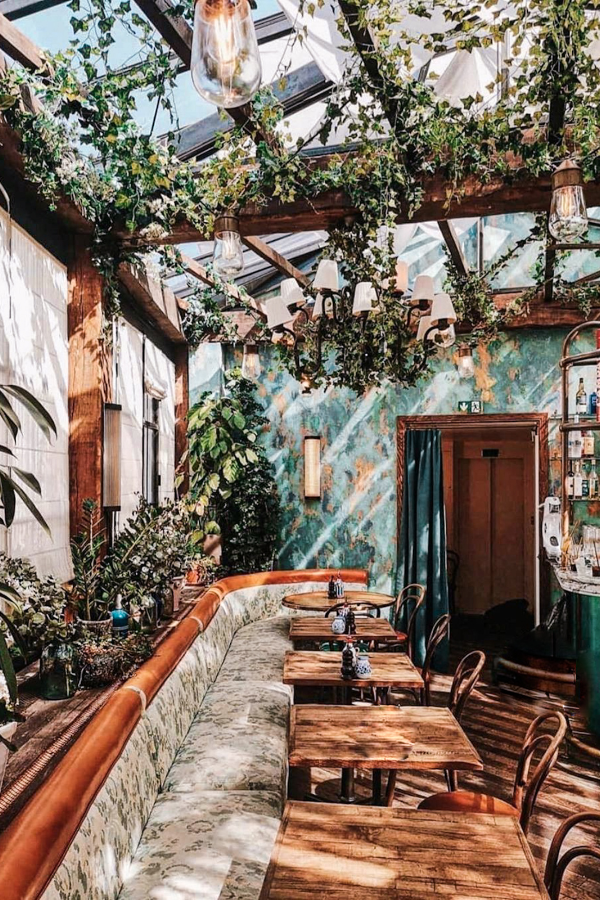

This guide has covered essential aspects of buying and owning property in France, from understanding the market dynamics and legal procedures to settling into your new home and community. While the journey requires careful planning and awareness of both opportunities and pitfalls, the rewards of owning property in France can be substantial. With the right preparation and support, you can navigate these challenges successfully and enjoy the unique lifestyle and cultural richness that France offers.
Design Dash
Join us in designing a life you love.
-
All About Our 7-Day Focus & Flex Challenge
Sign up before August 14th to join us for the Focus & Flex Challenge!
-
Unique Baby Names Inspired by Incredible Women from History
Inspired by historic queens, warriors, artists, and scientists, one of these unusual baby names might be right for your daughter!
-
Finding a New 9 to 5: How to Put Freelance Work on a Resume
From listing relevant skills to explaining your employment gap, here’s how to put freelance jobs on your resume.
-
What is Generation-Skipping, and How Might it Affect Sandwich Generation Parents?
The emotional pain and financial strain of generation skipping can be devastating for Sandwich Generation parents.
-
Four Material Libraries Dedicated to Sustainability, Preservation, and Education
From sustainable building materials (MaterialDriven) to rare pigments (Harvard), each materials library serves a specific purpose.
-
Do You Actually Need a Beauty Fridge for Your Skincare Products? (Yes and No.)
Let’s take a look at what dermatologists and formulators have to say about whether your makeup and skincare belong in a beauty fridge.




